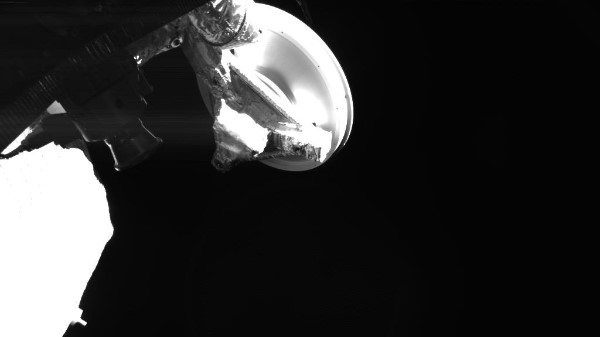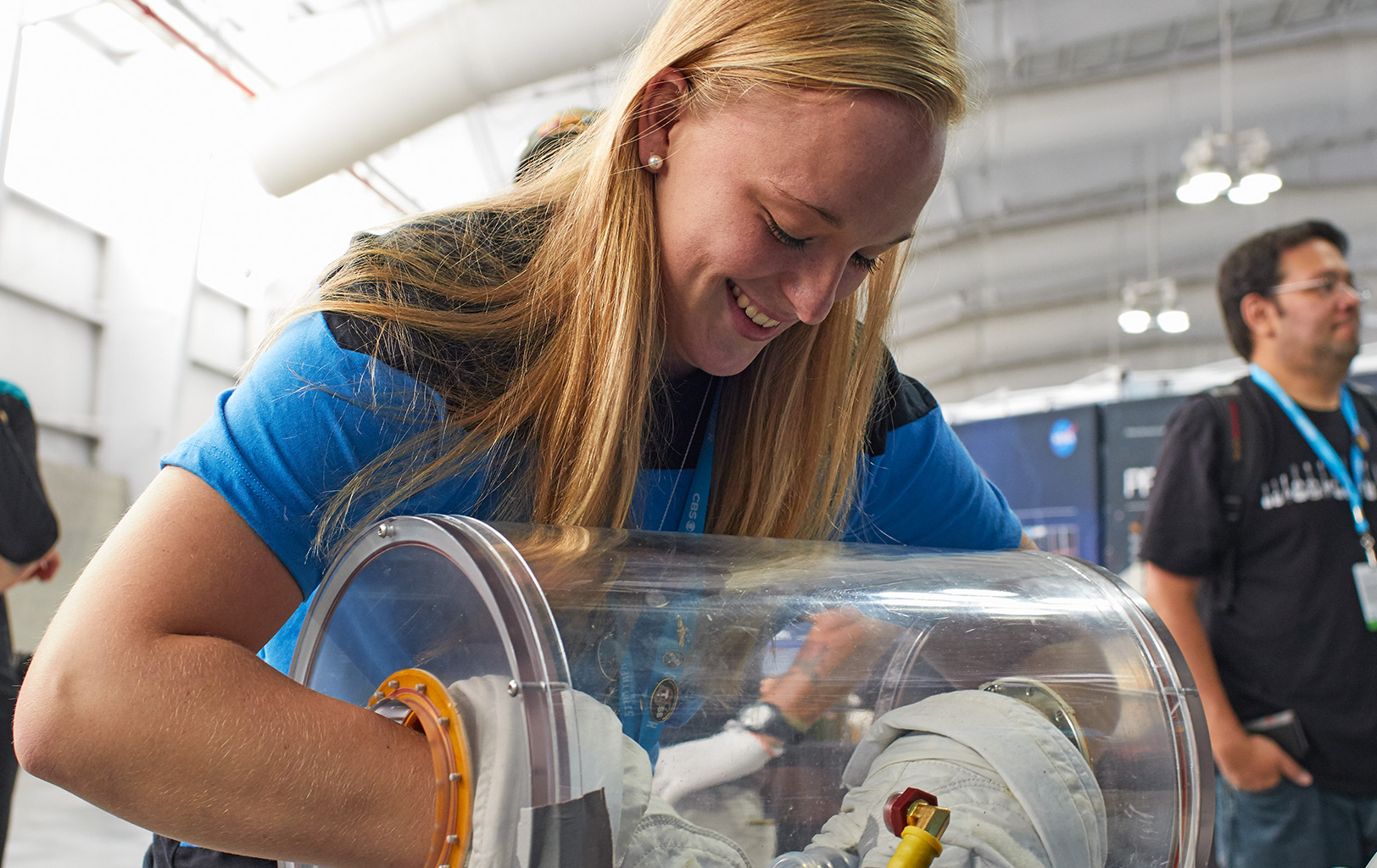BepiColombo Spacecraft Documents 1st Year in Space with Selfies
The BepiColombo spacecraft is en route to Mercury and has snapped several selfies to document its trip over the last year.
BepiColombo is a joint European-Japanese mission that launched on Oct. 19, 2018. The spacecraft includes two orbiters — the European Space Agency's (ESA) Mercury Planetary Orbiter and the Japan Aerospace Exploration Agency's (JAXA) Mercury Magnetospheric Orbiter — and a carrier spacecraft called the Mercury Transfer Module, which supplies electrical power during the long cruise to the solar system's innermost planet.
The transfer module uses solar electric propulsion and will also rely on several gravity assists from other planets along the way, including one flyby of Earth, two at Venus and six at Mercury, before the mission's arrival at the innermost planet in December 2025.
Related: BepiColombo in Pictures: A Mercury Mission by Europe and Japan

Throughout its first year in space, the spacecraft has captured more than 500 images using its three monitoring cameras that are attached to the transfer module and pointed in different directions, according to a statement from ESA.
ESA recently released a new sequence of 206 images taken by monitoring camera three. The images capture part of the solar arrays rotating in and out of view, as well as the spacecraft's high-gain antenna as it changes position to follow Earth.
The high-gain antenna, which is attached to the European orbiter, is used to communicate with Earth, allowing astronomers to send commands to the spacecraft and receive data from space.
Get the Space.com Newsletter
Breaking space news, the latest updates on rocket launches, skywatching events and more!
BepiColombo is Europe's first mission to Mercury, and the first joint mission to send two spacecraft to make complementary measurements at the same time, according to the statement.
Once the spacecraft reaches Mercury, the two orbiters will separate and observe the rocky planet from different vantage points, offering a more comprehensive view of its composition, magnetic field and evolution.
The images of BepiColombo are available online as part of ESA's Planetary Science Archive.
- BepiColombo in Pictures: A Mercury Mission by Europe and Japan
- Israeli Moon Lander Snaps Epic Space Selfie with a Full Earth
- NASA Mars Orbiter Snaps Selfie to Mark 4 Years at Red Planet
Follow Samantha Mathewson @Sam_Ashley13. Follow us on Twitter @Spacedotcom and on Facebook.
Join our Space Forums to keep talking space on the latest missions, night sky and more! And if you have a news tip, correction or comment, let us know at: community@space.com.

Samantha Mathewson joined Space.com as an intern in the summer of 2016. She received a B.A. in Journalism and Environmental Science at the University of New Haven, in Connecticut. Previously, her work has been published in Nature World News. When not writing or reading about science, Samantha enjoys traveling to new places and taking photos! You can follow her on Twitter @Sam_Ashley13.








